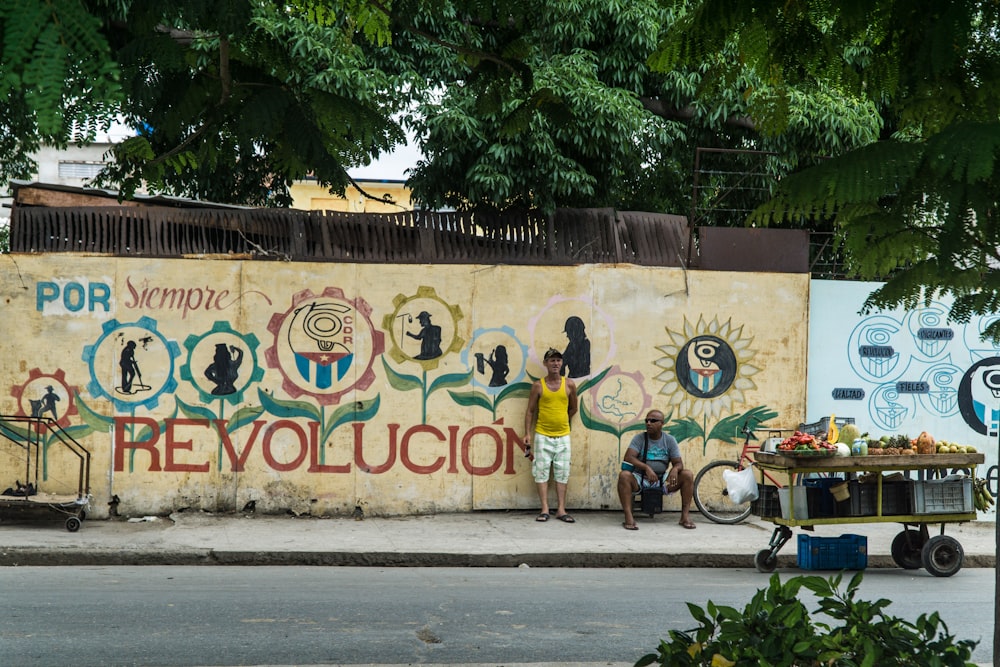Liverpool University Press author, Michela Coletta is Assistant Professor in Hispanic Studies at the University of Warwick and Associate Fellow of the Institute of Latin American Studies, University of London. In this exclusive commentary, Coletta revisits the central ideas explored in her book, Decadent Modernity, discussing the bright side of modernity, analysing the complexities and contradictions of our fast-changing world and the idea of ‘Latin America’ as a geo-political region.
Following the release of the paperback edition of Decadent Modernity: Civilization and ‘Latinidad’ in Spanish America, 1880-1920 in the autumn of 2021, I revisit the book’s conclusions in light of a renewed engagement by Latin American and critical south scholars from different fields of enquiry with the notion of modernity and its significance for the intensifying ecological crisis.

While an excessive focus on this idea makes it appear washed out like an overexposed image where meaningful details are no longer visible, modernity has resurfaced in much of current decolonial work from and about Latin America. On the one hand, it is approached as the process that encapsulates the dystopic realization of Enlightenment reason; on the other hand, it is being incorporated to express states of transition or in-betweenness by indigenous thinkers, for example through the notion of ‘indigenous modernity’. However, there is a tendency to be oblivious to the fact that the early-twentieth-century moderns, who first used ‘modern’ as an adjective that encompasses cultural, artistic, sociological and psychological conditions alongside material realities, more often than not coated their enthusiasm for progress with a warning. While celebrating the promises of a fast changing and increasingly interconnected world, many cultural critics used the language of emerging social and medical sciences to point to the pathological reverberations of this new modern civilization.
In its inception, the book did not seek to interrogate the idea of modernity either as an interpretive framework or as a cultural discourse. However, the more I became familiar with the narrative topoi that circulated in the discourses about national and regional identities at the turn of the nineteenth century, the clearer it became that questions about modernity shaped the ways in which the Latin American elites positioned themselves and their own countries in a globalizing world order. The starting point for the book was a hunch based on the rich poetic productions of the modernista and early avant-garde literary movements between the 1880s and the 1920s. It was striking how much of the Latin American literature in the nation-building decades was about the decadent denouement of modern urban life. Why was the foundational literature of Latin American nations decadent? This question seemed to have even more weight if one looked at the United States, where a small group of self-named decadent writers occupied a fringe space and were pretty much ostracized from national identity narratives. A hint came from Mexican Nobel laureate Octavio Paz, who had stressed this idiosyncrasy and had concluded that the modernista writers were decadent because they wanted to be modern.

At a time when disciplines such as sociology and criminology were taking shape, European – and especially French – social critics diagnosed their nations with a pathological condition originating from the exposure to the excesses of modern life. An example is the flourishing of studies about suicide, which was seen as an tangible symptom of cultural and moral decay. By drawing from the European scientific and cultural discourse of degeneration, the Latin American intellectual and political elites were able to incorporate their nations in the emerging modern world. Decadent French literature epitomized the growing refinement and spiritual sophistication that made societies self-indulgent and weak: cultural Latinity was a way into modernity. The book argues that by advocating their adherence to Latin civilization, the Spanish-and-Portuguese-speaking countries of the American continent rejected the threatening emptiness of the state of nature in which the New World had traditionally been placed.
In tracing transnational and transatlantic networks, the book shows the relevance of cultural frameworks of modernity in the emergence of ‘Latin America’ as a geo-political region. Beyond unravelling the extent to which scientific and literary narratives intermingled in producing political and cultural identities, the book’s arguments also illuminate the self-critical outlook of early-twentieth-century moderns and their preoccupation with progress as a Janus-faced concept. This is possibly modernity’s most important legacy, and one that we need to engage with again.
You can now purchase the paperback edition of Decadent Modernity: Civilization and ‘Latinidad’ in Spanish America, 1880-1920 on the Liverpool University Press website for just £22.95.

Follow us for more updates
Sign up to our mailing list
Twitter | Instagram
www.liverpooluniversitypress.co.uk
